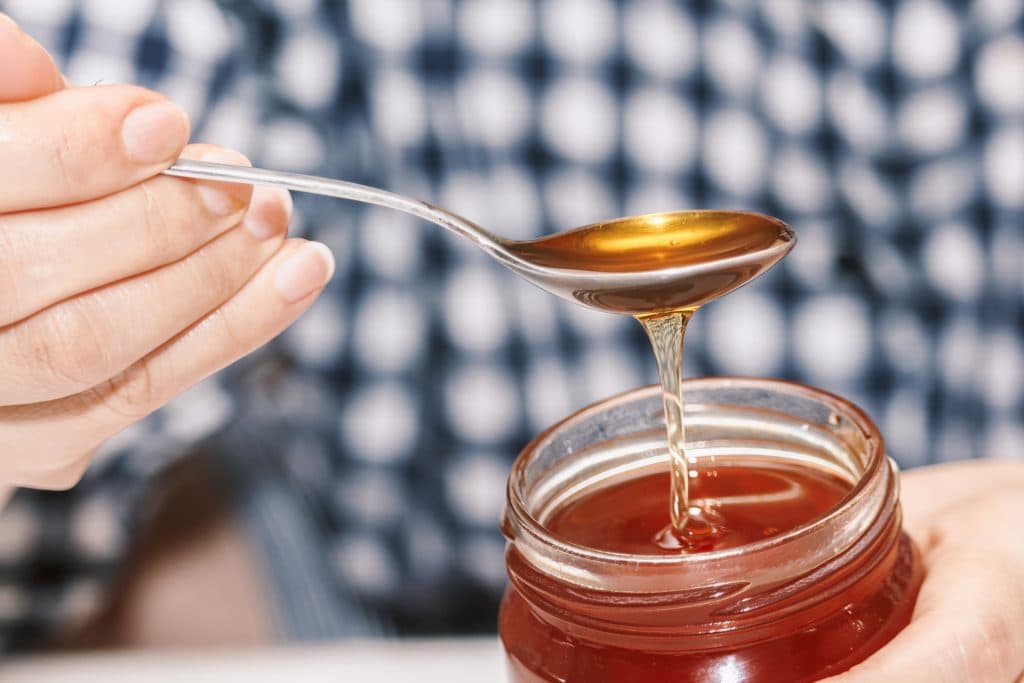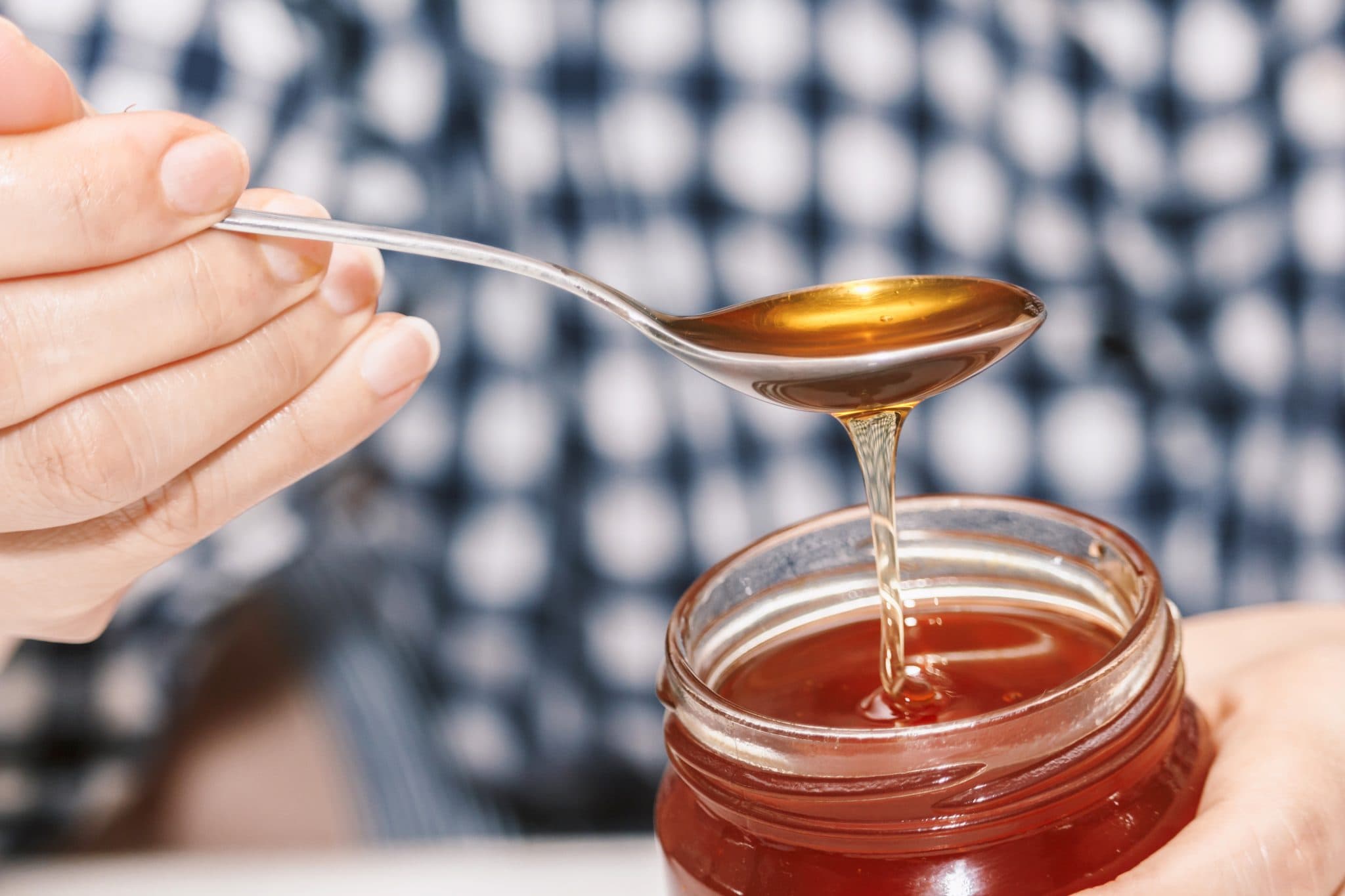
There is significant interest from the human health and medical spheres in investigating how consuming prebiotic foods can help to change the gut microbiome to promote a ‘healthy’ gut. The gut microbiome is made up of trillions of bacteria, archaea, viruses, protozoa and fungi[1]. Prebiotics are foods that we do not digest by ourselves, instead they reach our gut where they can be used as a food source by billions of beneficial bacteria, helping maintain a healthy microbiome.
Scientific evidence to support honey as a health food
Dr Nural Cokcetin, Research Fellow at the University of Technology Sydney, in collaboration with gastroenterologists and clinical microbiome researchers at the Microbiome Research Centre, St George Hospital in Sydney, is exploring the role of honey as a prebiotic food that can promote digestive health.
“We know that honey has been used as a digestive remedy for centuries, but why is that? Our research seeks to understand the science behind how honey changes microbial populations, metabolite production, immune response and inflammation in the gut,” Dr Cokcetin said.
“Our diet affects the balance of our gut, and in turn our gut microbiome affects so much of our health, and an unhealthy gut (due to an imbalance of gut microbes) has been linked to gut diseases, colon cancer, irritable bowel syndrome, inflammatory bowel disease, obesity, allergies, asthma, heart conditions, and mental health issues.”
Dr Cokcetin said their research shows just a small amount of honey can affect not only the balance of the types of bacteria living in our gut, but can also be beneficial in preventing the onset and progression of gut-related diseases. It appears when the gut bacteria are ‘feeding’ on honey they are producing compounds responsible for this protective effect.
“What we’re finding is that by promoting a healthy gut, we can build a much stronger immune system and increase our resilience to disease. Just 20 grams of honey a day can boost the ‘good’ populations of bacteria in our gut that help protect against different diseases.”
Honey as a super drug
Dr Cokcetin said that the benefits of honey extend beyond maintaining the balance of gut microbes.
“Our research team have been using an artificial gut system that simulates gut-related diseases and infections to see how honey might work against common infection-causing bacteria, including Salmonella and E. coli,” Dr Cokcetin said.
“One of the most exciting findings for us has been the reduction in numbers of a group of bacteria in the gut called clostridioides following treatment with honey. These bacteria can cause some really nasty infections, specifically Clostridium difficile, which triggers severe antibiotic-associated diarrhoea and can quickly progress to life-threatening inflammation of the bowel.”










